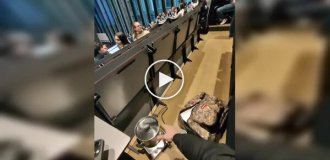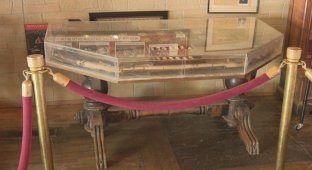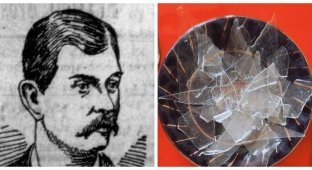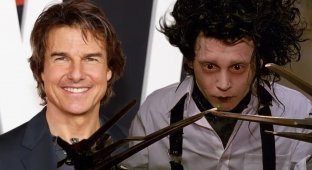There have been many characters in history with strange gastronomic preferences. But this man became the scourge of prestigious catering establishments and a kind of social idol. 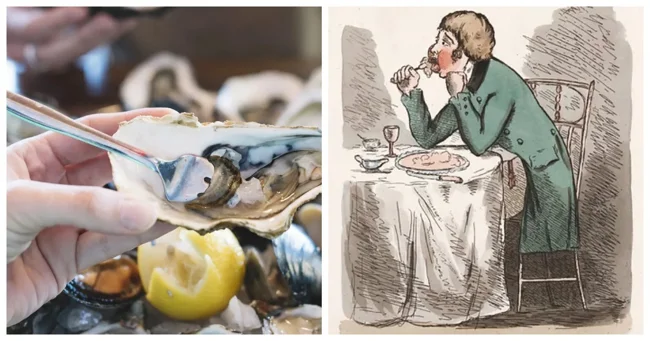
In London in the 1820s, the name Edward Dando caused panic among restaurant and oyster shop owners. Over the course of several years, this young man acquired a reputation as Britain's leading swindler. Dando would come to a restaurant, usually an oyster shop, and eat his fill, after which he would tell the bewildered owner that he had no money. Predictably, he was beaten and thrown out into the street and often handed over to the police. But no matter how incorrigible he was, Dando, once freed, would immediately head to the nearest oyster stall and repeat it all over again. 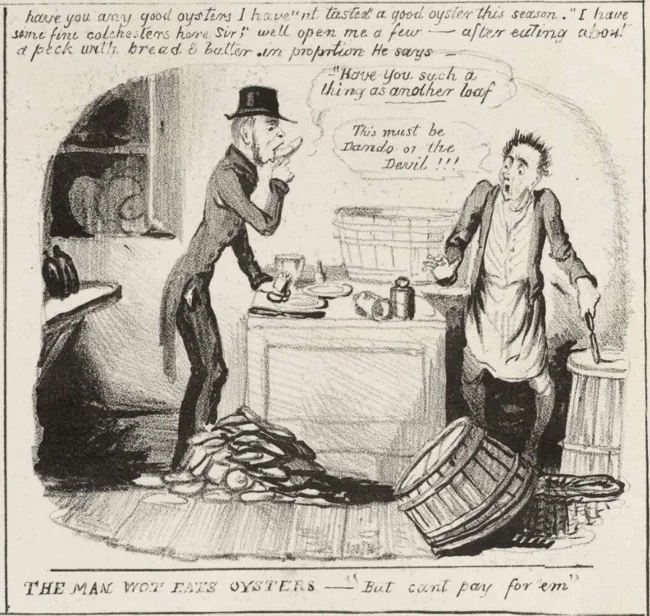
Edward Dando was born in 1803. There is almost no information about his life, except that he trained as a hatter. It is doubtful that he put his training to professional use, since he soon found the perfect way to earn a living - stealing.
Dando was not a thief in the classic sense of the word. And he certainly did not consider himself one. The boy genuinely couldn't understand why he shouldn't have everything in abundance, despite having no money to pay for it.
Dando began his career as an oyster thief when he was about 20 years old. He would eat his fill from various vendors, unable to afford the gourmet meals. The boy didn't work, but refused to let others help him find work. 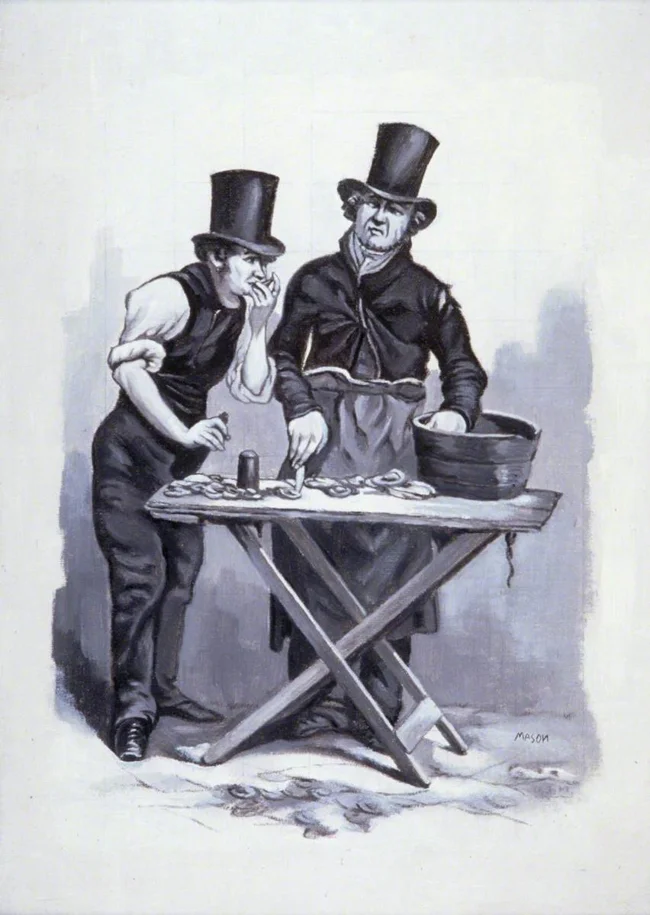
Dando could consume incredible amounts of food. He regularly gorged himself on oysters, washing them down with several loaves of bread and liters of ale, beer, or water. Dando complained that stories of his extravagant ways of eating were often exaggerated, and said that the most he ever ate was three hundred oysters with one and a half loaves of bread and butter.
Dando's exploits were widely reported in the press, and the public devoured them with relish. He was once arrested for eating a kilo of ham and beef, half a quarter of a loaf, seven pats of butter, and eleven cups of tea. The magistrate sentenced him to thirty days in prison. While in prison, Dando stole food from his fellow inmates, for which he was sent to solitary confinement. When he was released, he immediately rushed to an oyster shop and devoured thirteen dozen oysters, with bread and five bottles of ginger beer. When he appeared again before the magistrate, he explained, "I was very hungry, your honor, after living on the rations for so long, and I thought I'd treat myself to a delicacy." 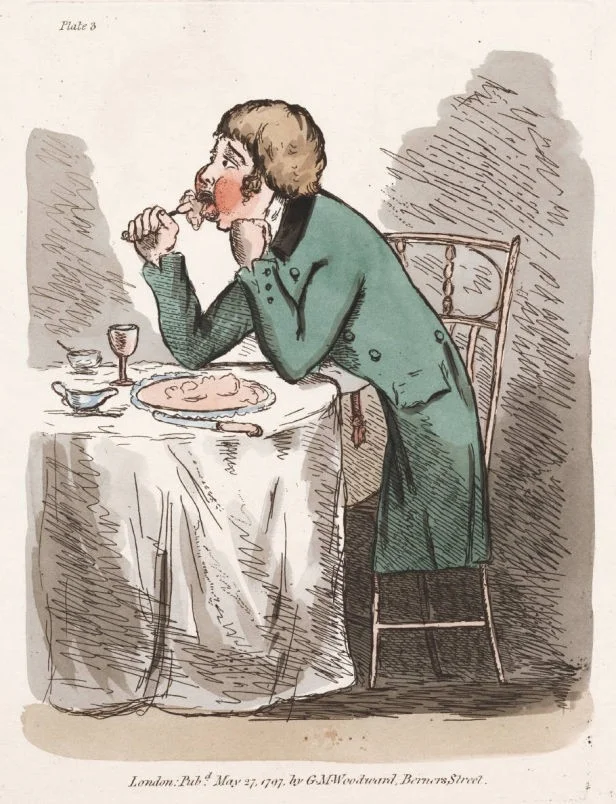
The magistrate had already sent him to prison for three months and threatened him with transportation if he continued in this manner. But this was Dando. On the same day he was released, Dando was caught again after consuming eleven dozen large oysters, half a quarter of a loaf, and eleven pats of butter, without having a penny in his pocket. His line of defense was the same - savage hunger. This time, the magistrate, apparently tired of his antics, simply let him go. Outside the courthouse, an oyster stall owner poured a bucket of water over him and beat him with his cane, to the immense amusement of the crowd gathered outside, who knew of the inmate's misdeeds.
Dando became a star. His trials attracted a large crowd of admirers to the courthouse, including, amazingly, oyster sellers and grocery store owners who came to listen to the glutton's witty remarks. 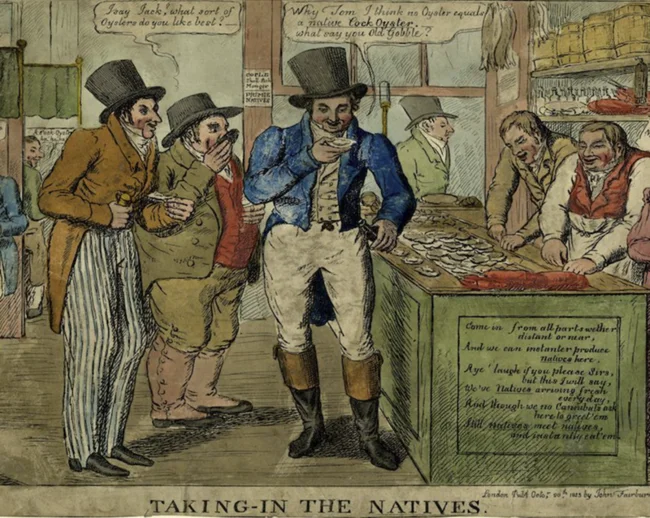
Dando died in 1832, having contracted cholera in Coldbath Fields, but his fame lived on. Obituaries appeared in virtually every local newspaper. The English novelist William Makepeace Thackeray based his short story "The Professor" on Dando's story, and later wrote a play about his life, "Dandolo; or, The Last of the Doges." Charles Dickens compared Dando to Alexander the Great, writing that "Alexander cried because he had no more worlds to conquer, and Dando died because he had no more oysters to kill." 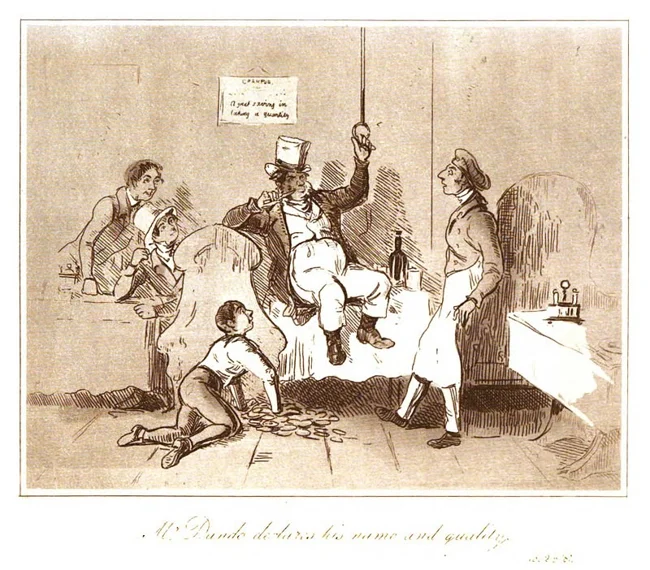
Dando in Thackeray's "The Professor"
Add your comment
You might be interested in:









